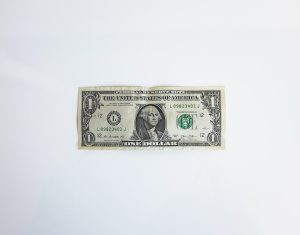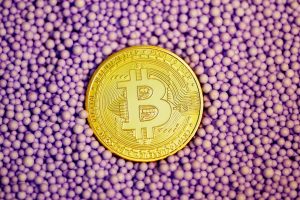The foreign exchange market, also known as forex, is the largest financial market in the world. It is a decentralized market where currencies are traded 24 hours a day, five days a week. Forex trading can be a lucrative business for those who have the knowledge, skills, and discipline to succeed. However, it is important to understand that forex trading is not a get-rich-quick scheme. In this article, we will explore what an average forex trader makes and how they go about making money.
Before we dive into the numbers, it is important to understand that forex trading involves risks. No trader is perfect, and losses are inevitable. However, with proper risk management and a solid trading strategy, traders can minimize their losses and maximize their profits.
So, what does the average forex trader make? The answer to this question is not straightforward, as there are many factors that affect a trader’s earnings. Some traders may make millions, while others may lose everything they invest. According to a survey conducted by the Investment Trends, the average forex trader in the United States makes around $62,500 per year. However, this figure varies widely depending on the individual’s experience, skill level, and trading style.
Forex traders can make money in several ways. The most common way is through speculation. Traders speculate on the direction of currency prices and make trades accordingly. For example, if a trader believes that the value of the US dollar will increase compared to the Euro, they will buy USD/EUR currency pair. If their prediction is correct, they will make a profit. On the other hand, if their prediction is wrong, they will incur a loss.
Another way traders make money is through technical analysis. Technical analysis involves studying charts and using technical indicators to identify trends and patterns. Traders use this information to make trades and profit from price movements.
Finally, forex traders can make money through fundamental analysis. Fundamental analysis involves studying economic and political events and their impacts on currency prices. Traders use this information to predict future currency movements and make trades accordingly.
Now that we have discussed the different ways traders make money, let’s explore some of the factors that affect a trader’s earnings.
Experience and Skill Level:
The more experience and skill a trader has, the more money they will make. Experienced traders have a better understanding of the market and are better equipped to make profitable trades. They have developed their trading strategies and have learned to manage risks effectively.
Trading Style:
There are different trading styles, including day trading, swing trading, and position trading. Day traders make multiple trades in a day and aim to profit from short-term price fluctuations. Swing traders hold trades for several days or weeks and aim to profit from medium-term price movements. Position traders hold trades for several months or years and aim to profit from long-term price trends. The amount of money a trader makes depends on their trading style.
Risk Management:
Effective risk management is crucial for forex traders. Traders must have a solid understanding of risk management techniques, such as stop-loss orders and position sizing, to minimize losses and maximize profits.
Capital:
The amount of capital a trader has also affects their earnings. Traders with more capital can make larger trades and potentially earn more money. However, it is important to note that having more capital does not necessarily guarantee success. Traders must still have the knowledge, skills, and discipline to make profitable trades.
In conclusion, the amount of money an average forex trader makes varies widely depending on their experience, skill level, trading style, risk management techniques, and capital. Forex trading can be a lucrative business for those who have the knowledge and discipline to succeed. However, traders must understand that it involves risks and losses are inevitable. With proper risk management and a solid trading strategy, traders can minimize their losses and maximize their profits.





